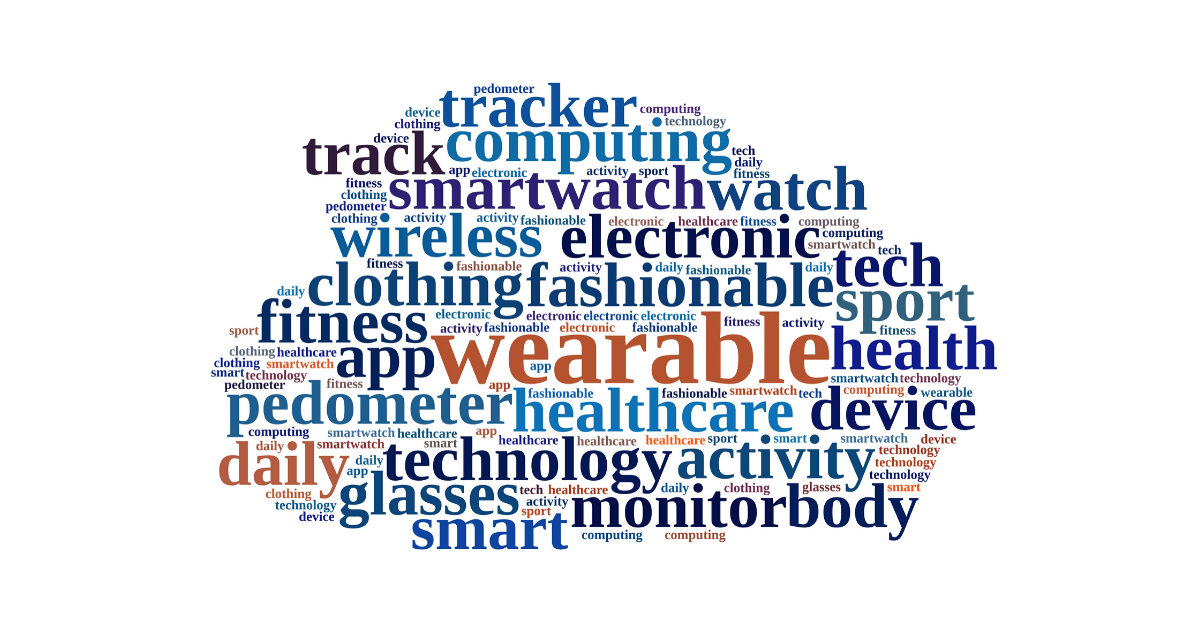 What does the future hold for wearables and older adults? Change is ahead. Older adults in 2021 are at the same point of awareness and adoption of wearables as was once the case for Voice First. According to AARP's recent technology survey, most, especially those aged 70+, have not adopted wearables. They may be particularly unfamiliar with those that capture and track health-related status. But that will change, as general market adoption drives interest among older adults and those who care for them. Price points will become more affordable and data will become more actionable, informative, and predictive of future change. As the technology evolves, wearables will be:
What does the future hold for wearables and older adults? Change is ahead. Older adults in 2021 are at the same point of awareness and adoption of wearables as was once the case for Voice First. According to AARP's recent technology survey, most, especially those aged 70+, have not adopted wearables. They may be particularly unfamiliar with those that capture and track health-related status. But that will change, as general market adoption drives interest among older adults and those who care for them. Price points will become more affordable and data will become more actionable, informative, and predictive of future change. As the technology evolves, wearables will be:
Smart: Tracking behaviors that can predict decline or health status. The monitoring capabilities of wearables are only now beginning to be used in caring for older adults – with tech offerings from multiple firms, either as research experiments or actual usage. In the future, the identification band worn in senior living communities and nursing homes could be a smart band with ID information, allergies, all part of a GPS-trackable tag, particularly useful dementia care. Firms that provide care for older adults will evaluate health-related wearables for care recipients that have specific health conditions, and some will provide their services as a subscription offering that could include personalized advice or alerts.
Integrated: With other devices and fed into health profiles. For the time being, those health profiles may be Personal Health Records (PHRs). Or a report could be printed, as one interviewee noted is happening today, and attached as a PDF to the record. One way or the other, data that is not captured someplace else, like blood pressure trends, blood sugar levels, gait, or history of falls will all need to find its way into health-related guidance.
Affordable: For lower income seniors needing hearing help or smart watches. The change in prices of hearing assistance will come from availability and quality of hearables, the rise of self-service hearing assessment tools, and the long-delayd FDA approval of Over-the-Counter hearing aids. Remote online hearing tests like Bose hearX, or Alango’s Wear&Hear kiosk will be commonplace. Thee range of easily purchased and no-stigma in-ear hearables will be widespread. And the next generation $20 smartwatch of the future, with it 24-x service subscription, will replace the low-priced PERS offerings sold in retail stores.
Protective: Of your privacy. Wearables transmit the most personal (and personalized) information tech users have. The ability to protect privacy – requiring an explicit opt in permission for data sharing – means that information protection becomes a standard marketing message, even where it is not mandated by law. And changes in terms and conditions about that privacy will be communicated in easy-to-understand terms, requiring the user to again acknowledge the change.
Prescribed: Utility of wearables will transcend practitioner reluctance to prescribe. More Medicare Advantage plans could reimburse the cost of a wearable for certain patient groups. According to the company, Fitbit devices are currently included in Medicare Advantage plans offered by insurers. Devoted Health was the first Medicare Advantage plan to subsidize an Apple Watch, though Aetna Attain provides a health incentive for an Apple Watch and others will follow. With health insurance pressure, the ‘doctors don’t want your data’ mantra will end.
[From The Future of Wearables and Older Adults 2021]

